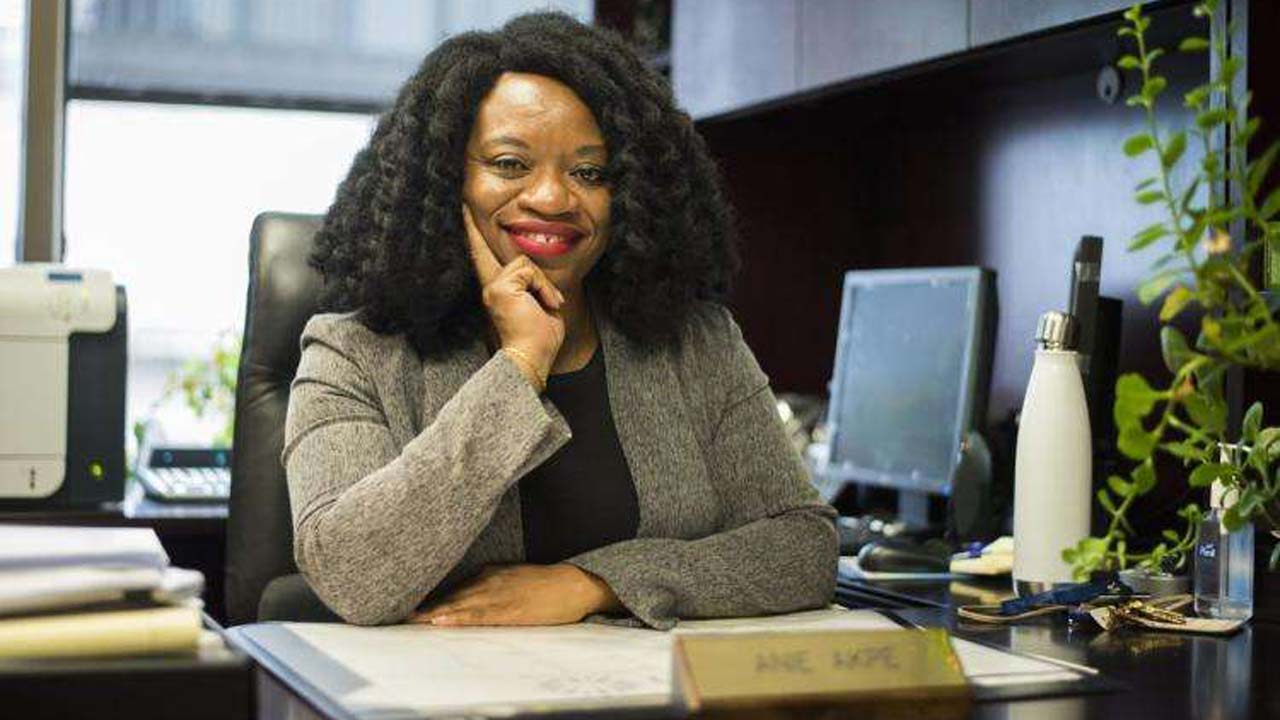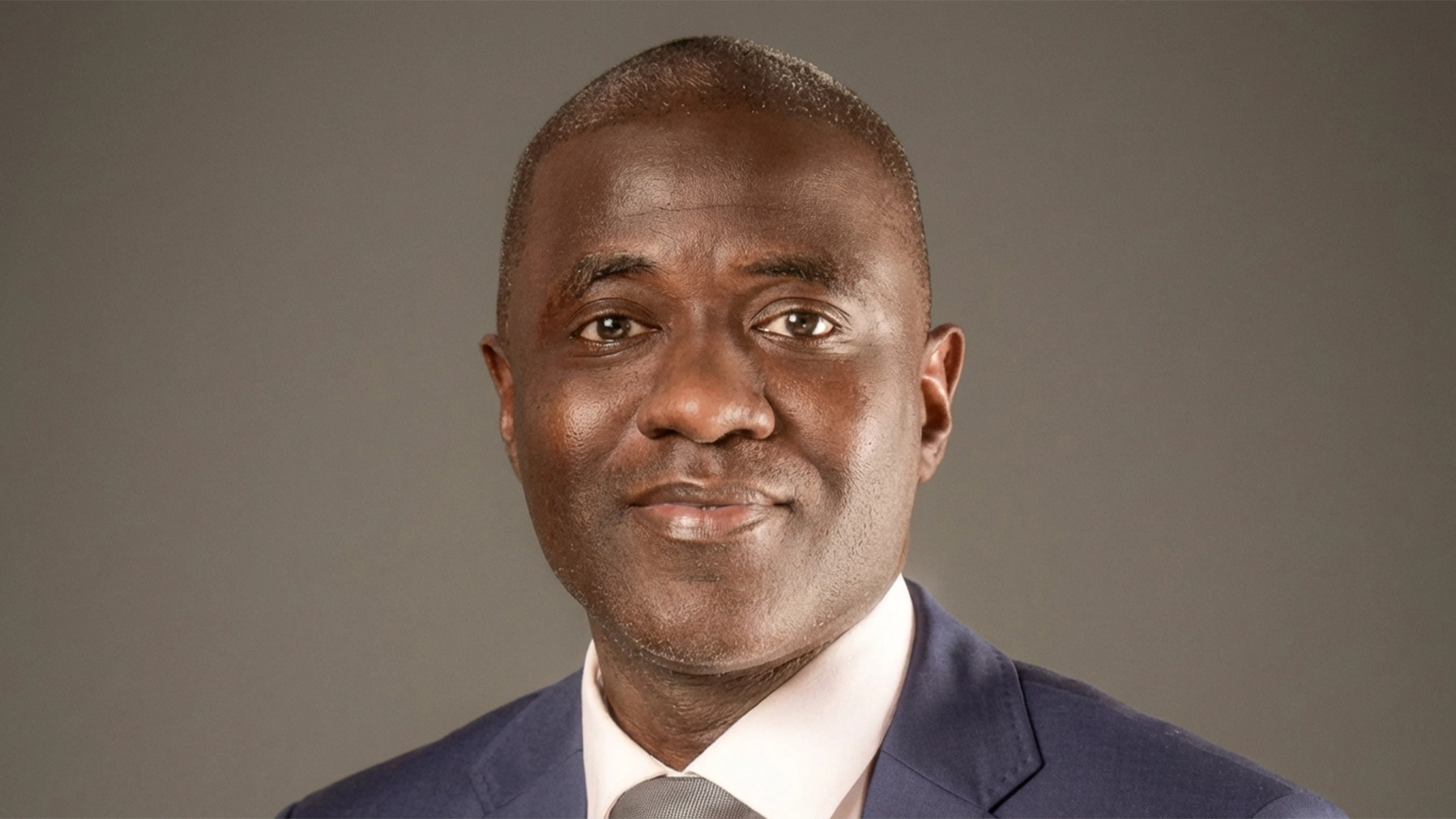
My first boss in a technology company was a woman. In fact, my first three bosses were female. One resigned the day I joined; the other was my line manager, and the third was the Executive Director in charge of training at GICEN Technical Services. Our Executive Director had a PhD. I got into tech in the midst of accomplished women; my first software development mentor was a lady named Sally who also worked at GICEN. She was probably the best Cobol programmer in Nigeria at that time.
I have never had the impression that women were incapable of handling their own in technology. There are recent events that have made the topic of women in technology, the basis for a lot of conversation. Personally, I’ve always felt women who decided to be in technology ended up being the best because unlike men, they knew why they were there. There was no ego or self-delusion involved. They were a minority but a robust and growing one.
The first of recent problems in Silicon Valley happened at Uber, and it shook that ecosystem to the roots. The issues there highlighted a culture that was hostile and offensive towards women. Then, the revelations of sexual harassments at other Silicon Valley companies. People started speaking boldly about the issues they had faced at various places. CEOs and General Partners had to resign. As this self-correction took place in Silicon Valley, an engineer at Google wrote a memo that eventually got him fired for “advancing harmful gender stereotypes in the workplace”. It has been a roller coaster ride. A lot of discovery of different happenings and perspectives. Responses to the Google Memo have proven that women were indeed pioneers in software development and computer science. The movie, Hidden Figures, based on actual life experiences of three black women working at NASA, also buttresses this point.
My friend Anie Akpe runs the movement called “African Women In Technology.” I have frank and honest discussions with her about my views and opinions based on my experiences. I have always told her that maybe it is best to have more inclusive movements with women integrated into the larger tech ecosystem than “exclusive” ones that foster even more segregation. She had argued to the contrary that women in technology needed safe zones to express themselves and grow. Others have also made the argument that women respond better to female role models as well and such movements highlight them. My debate with Anie continues to this very day.
Exceptionalism vs. isolationism
I have a younger sister who is a software developer and program manager in America. She wrote code and worked as she was pregnant with a child while raising another toddler. While doing this, she was also preparing for her project management certification examinations and doing a Masters program in Health Informatics. She was a developer, project manager, mother, wife and pregnant student and excelling at everything. I have never seen a man in technology do that kind of multitasking and survive.
My sister was not “encouraged” into technology. She made a choice and graduated with a Second Class Upper degree in Computer Science. One of her classmates is Mitchell Elegbe who is the CEO of Interswitch. She also has a lot of other male classmates who decided that maybe technology was not their destiny. People of both genders in her class turned out ok.
There is no doubt in my mind though that people like my sister are a minority in technology. She had also complained to me about her struggles on the job and how sometimes there is an appreciation deficit. The issue of pay gaps is also real. Women have not had a fair deal in technology and a whole lot of other professions. I strongly believe that it is wrong and it must be fixed.
My question is “how can we fix this?” I think that more women in positions of authority will end up changing everything. Will their chances of getting there improve when there are more women involved in technology? Most likely so. I also think their chances would be much better with the best people in the right places.
I quote a passage on female exceptionalism verbatim here from the Geek Feminism Wiki:
“This issue is complex, as some degree of attention to women’s issues and women participants in geek communities is merited. (This wiki is an example of such attention.) For example, women tend to respond better to women role models than to men, and so making women visible as role models is important. Discussion of women’s issues in geek communities is also merited. However, excessive emphasis on and attention paid to the female-ness of an individual woman by the wider community can make her feel isolated, and, paradoxically, invisible in the sense of not being able to do any work, no matter how exceptional, that is more important to the community than existing there as a woman.”
The future
One of my arguments with Anie is that things are changing much faster than we can imagine. I have at least 17 female friends on Facebook who are either doing a Ph.D. or have completed it. Most of them are in technology, and they are very good at what they do. I have much fewer male friends that I can also boast of the same way.
We partner with global technology companies, and I have noticed that “my bosses on the other side” have always been women. A woman heads Google in Nigeria. Another woman leads Google in Ghana as well. I have a lot of good friends who are female and in leadership positions in Silicon Valley and the San Francisco Bay Area. In Nigeria, leadership positions in technology are held by women at our telco, media, banking and education clients. These are all accomplished people.
Anie’s counter argument is that this is not even enough. She believes that there needs to be more. That is where we both agree. I agree that there needs to be more women in tech, but it is also important that they are women who genuinely want to be in tech. When women choose to be in technology, they are phenomenal.
My argument is that women should not make the same mistake a lot of men in technology make. There is mediocrity because a lot of people do not know why they are there and they use competition as an excuse for unprofessionalism. I believe we need more professional women in tech. I also think it starts much earlier with the right education and encouragement. I have a daughter, and it will be a great privilege for me if she decides to be in tech. I know she will also be phenomenal.






